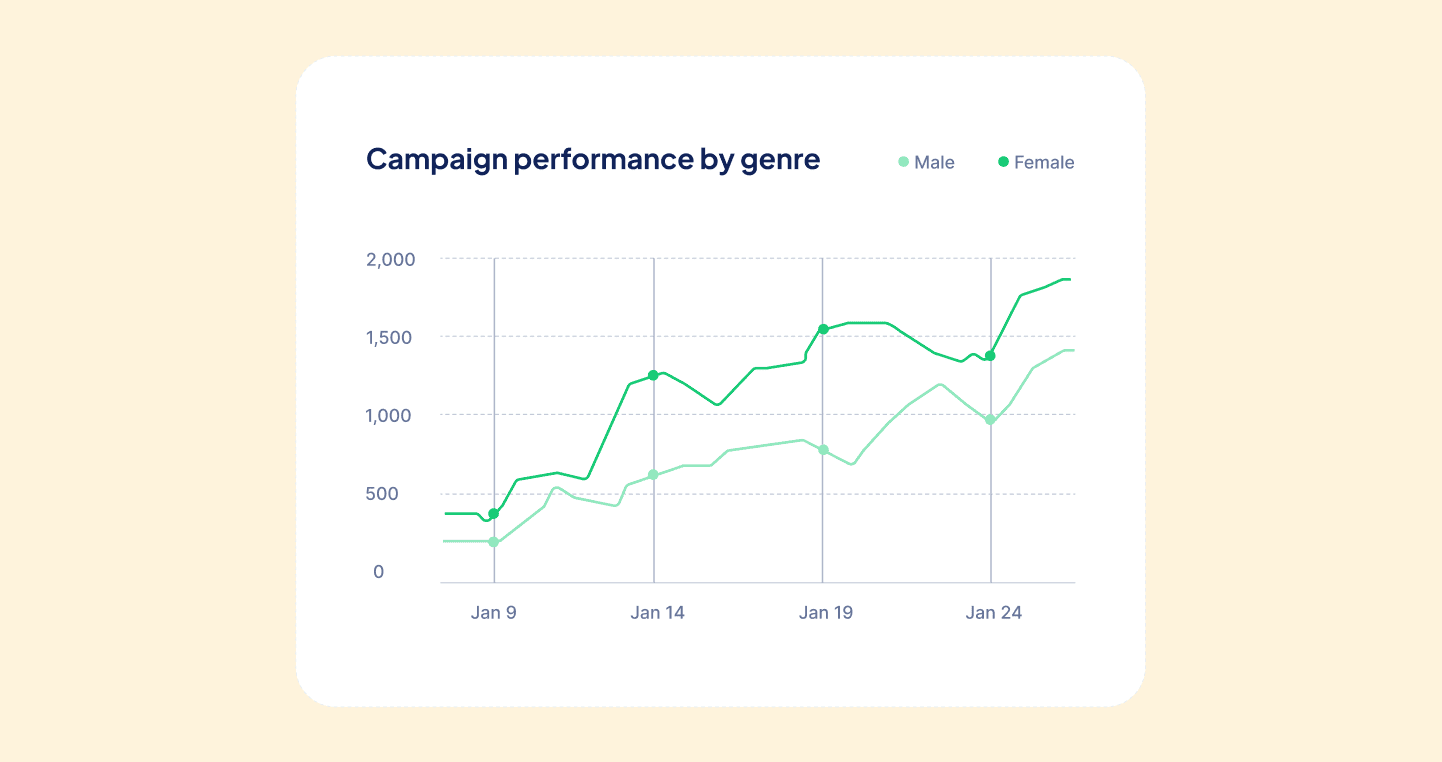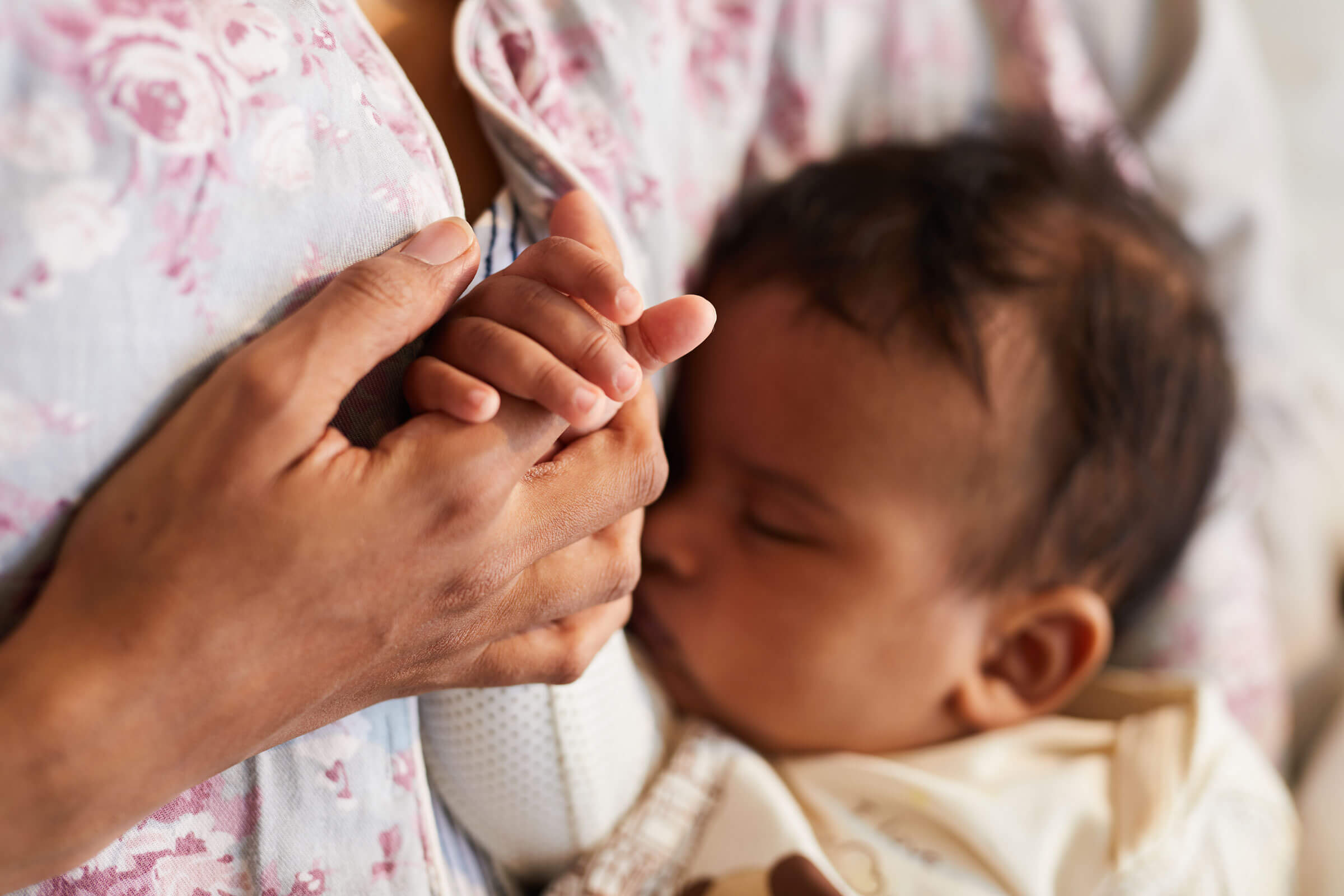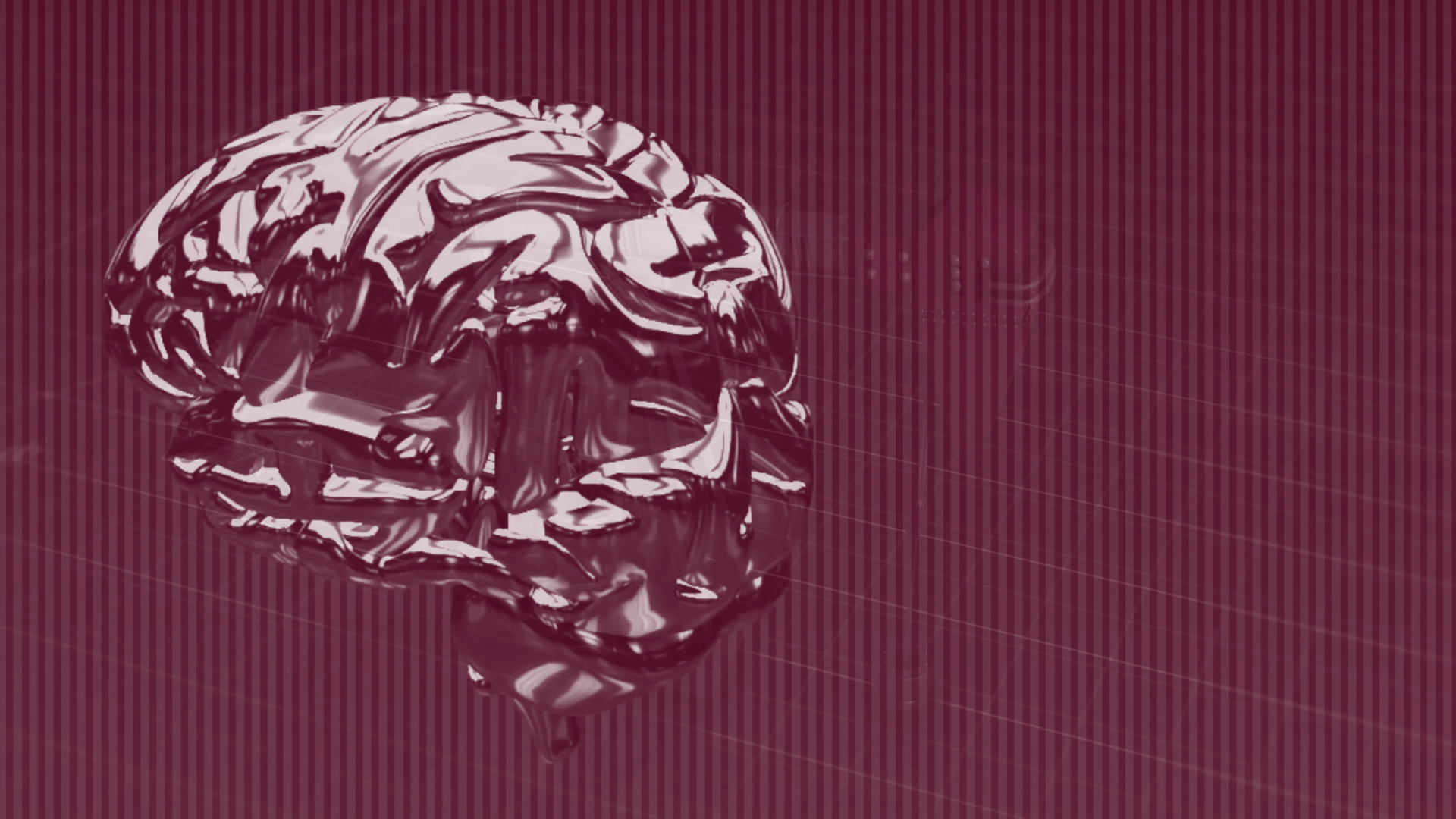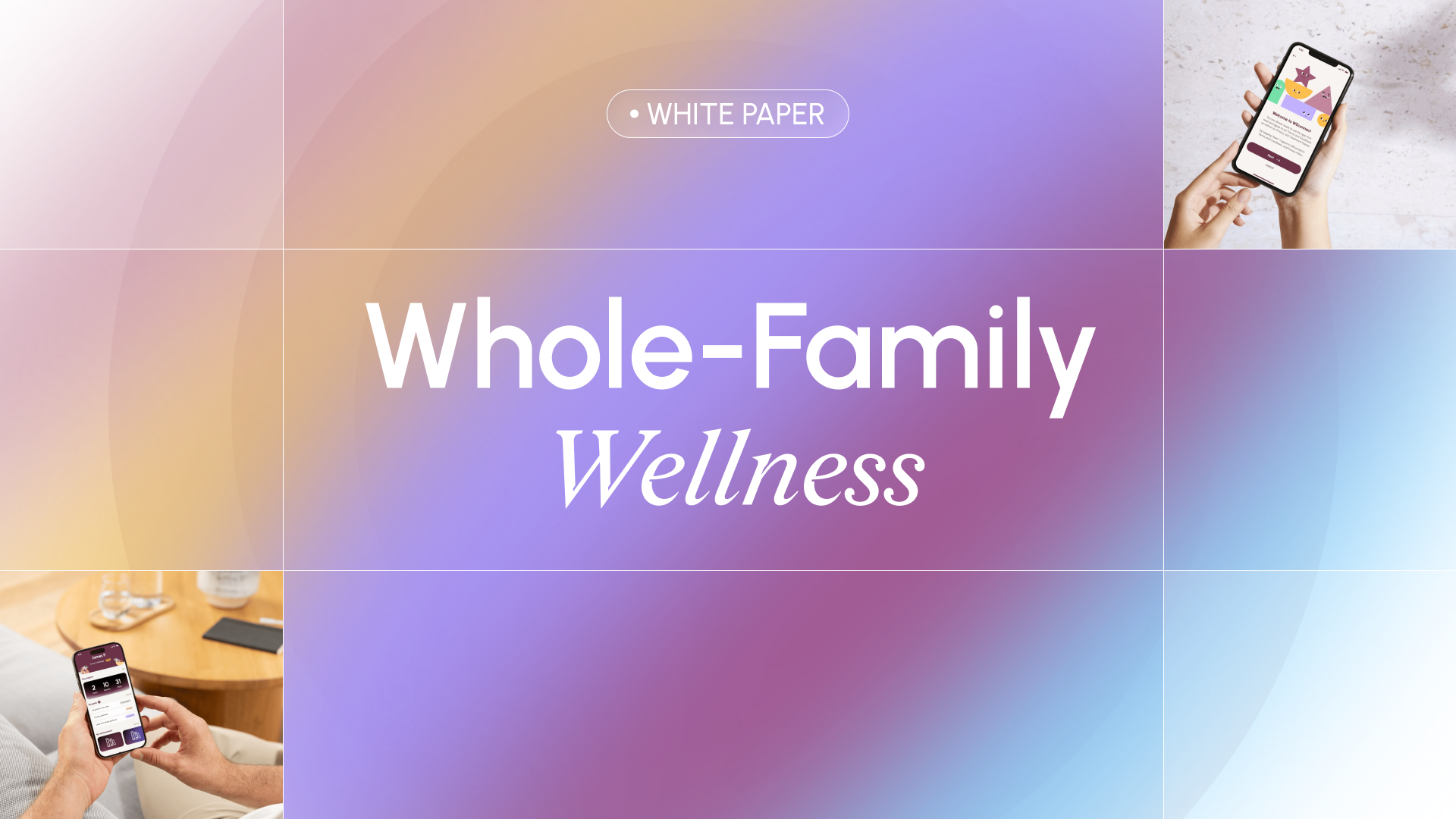It was in February of 1994 when I found myself homeless once again, living on the streets of Bridgeport, CT. After a long night of binging on heroin and crack, I crashed at my buddy Shine’s house, a spot where most “drug addicts” landed before going on a mission of begging, participating in the survival sex trade, and stealing to get their next fix.
After passing out one night, I woke up from a horrible dream that I was pregnant. Sadly, it was true. I really wished I could have been happy about it, but all I could do was cry. I tried to shut out the voices in my head telling me how disgusting I was and to keep this baby. I was seventeen when I terminated my first pregnancy. Now I was 30, and this would be my fourth.
The days turned into months, and I never made it to the clinic. Also, I didn’t stop using. Eventually, I started going to an OB clinic to check on the baby, but that’s all I did. I could tell by the way the staff looked at me they knew what I was doing, but they never said anything to me. Is it because I wasn’t worth it? Or because there wasn’t any treatment for “addicts” like me? Did they realize how horrible I felt about what I was doing to my unborn child? That I couldn’t stop on my own?
When I couldn’t find help, someone suggested I get on methadone if I wanted to live (now called pharmacotherapy, medication-assisted treatment, or MAT/MAR). So I did. It was humbling to get on medication, especially because I had kicked heroin “cold turkey” once before. But this time it was different. It wasn’t just my own life at stake anymore.
Even though I started methadone in my sixth month of pregnancy, I continued to use heroin daily. My counselor tried to get me into inpatient treatment, but I was too far along in the pregnancy. Inpatient treatment for new moms and moms-to-be at the time were—and still are—so rare. By this time, I’d had an ultrasound; I was having a boy, and honestly didn’t know how to feel about the news other than numb. I feared what was going to happen next.
The morning of September 21,1994, I went out for my morning drug run, but could only locate junk crack. I remember being pissed and disappointed after taking a hit, then I felt a sharp pain in my gut. It was time. I was in labor.
I didn’t have a phone and could barely walk, so I found myself crawling into the hallway of my building screaming in pain. Finally, a neighbor called 911. In the ambulance I could hear the attendant say, “We have another one, it’s a damn shame.”
I gave birth that evening to a 6lb, 9oz boy. When they laid him around my chest, all I could think was how am I ever going to take care of you? He shook from withdrawals, which scared me, so I cried out to the nurse to take him.
My son Raymond was released to me by the Department of Children and Family Services after four days in the hospital. If not for my mother and sister, I wouldn’t have had anything for him to come home to.
Sadly, two days after Raymond came home from the hospital, I was getting high in the bathroom sweating from guilt and paranoia. Suddenly, I heard a screeching cry, as if someone was taking my baby from his crib. I hesitated to leave, but eventually found myself at the threshold of his room, in fear that we weren’t alone. Then suddenly, he stopped crying—almost as if he knew I was there. I slowly walked into the room, stood by his crib, then fell to my knees on the floor while holding onto the railing.
He looked so peaceful, then gently turned his head towards me. Our eyes met for what felt like an eternity. It was then his eyes spoke to me, and I heard a soft voice say, “Mommy, please stop. I need you.”
Something changed in me then, at that very moment. I emerged from that day into the next and managed to get to a women’s AA meeting, where I found others like myself who treated me with dignity and unconditional love. I continued to use methadone, and it really helped with my recovery now that I had a supportive community. I eventually stopped methadone and went into an outpatient program for women and children, but I was successful with that transition because others believed in me.
Today, the message I share is that there should be no shame about being in medication-assisted treatment to support yourself and your recovery. Using medication is valid and can be vital. Medication brought me back to recovery and a new way of life. It supported me in my recovery, which empowered me to become the mother, peer, coach, and leader that I am today.
This month, I celebrate 26 years in long-term recovery, and I am proud of myself and my journey. I honor my past self, and acknowledge the pain of what I went through to get to where I am today. This poem took me 26 years to write, and I know who and what I am now.
What Is She?
Born black? Born white?
What is she?
Are those her real parents, maybe she’s adopted?
What is she?
Maybe she’s Spanish? Doesn’t she look Spanish?
What is she?
Kinky hair, straight hair, barbershop haircuts…OUCH, you’re hurting me!
Is she a boy or is she a girl?
What is she?
Flat nose, thick thighs, ashy cream color skin.
What is she?
She could pass for white, let’s hire her.
But what is she?
Mulatto, Half-breed.
Oreo, Interracial, Creole, Mixed.
Oh, don’t act too white.
Why don’t you just act Black?
Don’t act too Black…stay quiet, timid, oppressed.
Don’t be too loud or proud, or worse, one of those people!
What is she?
Junkie, drunk, sex worker.
Crack whore, piece of sh*t.
Lazy, drug-dealer wannabe.
Con, prisoner.
Cheater, baby killer.
Oh yes that makes sense, that is what she is!
NO, THAT IS NOT WHAT I AM.
I am a mom, I am a survivor and warrior.
I am a wife.
I am a friend, I am a peer.
I am an advocate, I am a graduate,
I am a teacher. I am a learner.
I am a doer.
I am beautiful and bold.
I am both black and white.
I am a leader.
I am a person in recovery.
THAT‘S WHO I AM.
Emphasize your product's unique features or benefits to differentiate it from competitors
In nec dictum adipiscing pharetra enim etiam scelerisque dolor purus ipsum egestas cursus vulputate arcu egestas ut eu sed mollis consectetur mattis pharetra curabitur et maecenas in mattis fames consectetur ipsum quis risus mauris aliquam ornare nisl purus at ipsum nulla accumsan consectetur vestibulum suspendisse aliquam condimentum scelerisque lacinia pellentesque vestibulum condimentum turpis ligula pharetra dictum sapien facilisis sapien at sagittis et cursus congue.
- Pharetra curabitur et maecenas in mattis fames consectetur ipsum quis risus.
- Justo urna nisi auctor consequat consectetur dolor lectus blandit.
- Eget egestas volutpat lacinia vestibulum vitae mattis hendrerit.
- Ornare elit odio tellus orci bibendum dictum id sem congue enim amet diam.
Incorporate statistics or specific numbers to highlight the effectiveness or popularity of your offering
Convallis pellentesque ullamcorper sapien sed tristique fermentum proin amet quam tincidunt feugiat vitae neque quisque odio ut pellentesque ac mauris eget lectus. Pretium arcu turpis lacus sapien sit at eu sapien duis magna nunc nibh nam non ut nibh ultrices ultrices elementum egestas enim nisl sed cursus pellentesque sit dignissim enim euismod sit et convallis sed pelis viverra quam at nisl sit pharetra enim nisl nec vestibulum posuere in volutpat sed blandit neque risus.

Use time-sensitive language to encourage immediate action, such as "Limited Time Offer
Feugiat vitae neque quisque odio ut pellentesque ac mauris eget lectus. Pretium arcu turpis lacus sapien sit at eu sapien duis magna nunc nibh nam non ut nibh ultrices ultrices elementum egestas enim nisl sed cursus pellentesque sit dignissim enim euismod sit et convallis sed pelis viverra quam at nisl sit pharetra enim nisl nec vestibulum posuere in volutpat sed blandit neque risus.
- Pharetra curabitur et maecenas in mattis fames consectetur ipsum quis risus.
- Justo urna nisi auctor consequat consectetur dolor lectus blandit.
- Eget egestas volutpat lacinia vestibulum vitae mattis hendrerit.
- Ornare elit odio tellus orci bibendum dictum id sem congue enim amet diam.
Address customer pain points directly by showing how your product solves their problems
Feugiat vitae neque quisque odio ut pellentesque ac mauris eget lectus. Pretium arcu turpis lacus sapien sit at eu sapien duis magna nunc nibh nam non ut nibh ultrices ultrices elementum egestas enim nisl sed cursus pellentesque sit dignissim enim euismod sit et convallis sed pelis viverra quam at nisl sit pharetra enim nisl nec vestibulum posuere in volutpat sed blandit neque risus.
Vel etiam vel amet aenean eget in habitasse nunc duis tellus sem turpis risus aliquam ac volutpat tellus eu faucibus ullamcorper.
Tailor titles to your ideal customer segment using phrases like "Designed for Busy Professionals
Sed pretium id nibh id sit felis vitae volutpat volutpat adipiscing at sodales neque lectus mi phasellus commodo at elit suspendisse ornare faucibus lectus purus viverra in nec aliquet commodo et sed sed nisi tempor mi pellentesque arcu viverra pretium duis enim vulputate dignissim etiam ultrices vitae neque urna proin nibh diam turpis augue lacus.
%202.svg)


